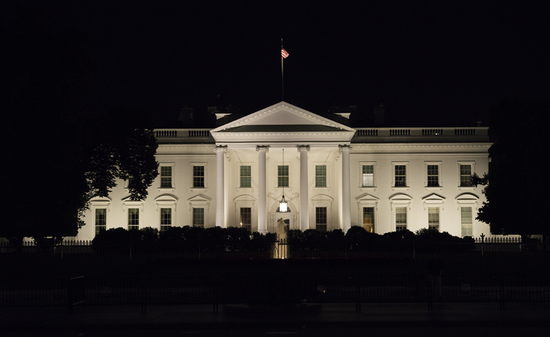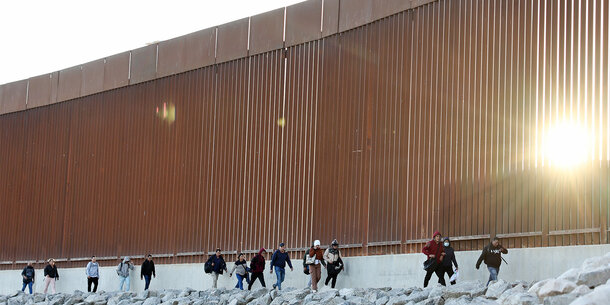Presidential power has been on the rise for a century. Since 9/11 in particular, the powers of the presidency have grown far beyond what the Constitution prescribes — especially on national security issues. This increase in power, coupled with diminished oversight by Congress and the courts, has enabled a range of abuses. And it has gravely undermined our system of checks and balances.
The Brennan Center fights to rein in the growth of executive power and works to restore a system in which the three branches of government act as checks on each other. Our groundbreaking research on emergency powers brought widespread attention to the need to reform this area of presidential authority. We have similarly proposed reforms to laws that grant the president authority to deploy the military domestically — a power that, without sufficient safeguards, can pose a grave threat to democracy and individual liberties. And we have argued that Congress must reclaim its constitutional authority over matters of war and peace, repealing outdated war authorities and reining in presidential warmaking.






